Tearful reunion for gay makeup artist freed from notorious El Salvador prison
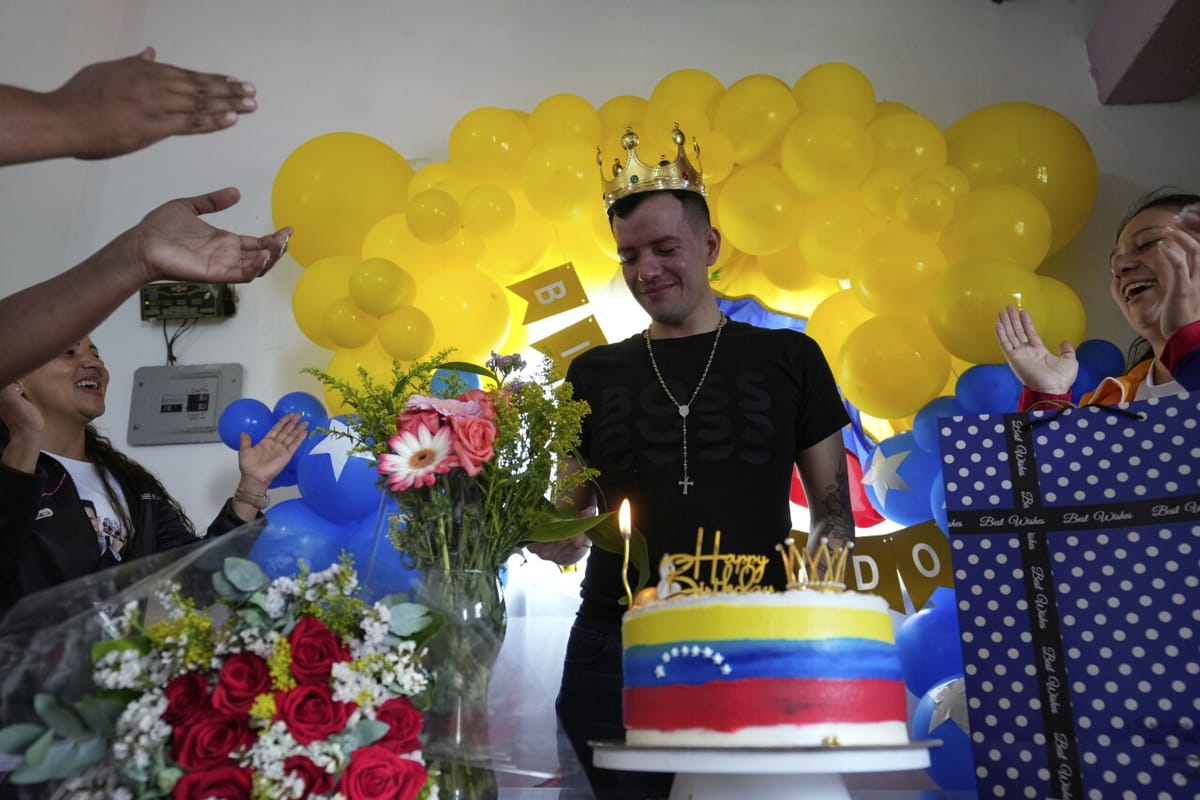
A Venezuelan makeup artist who became a symbol of the controversial deportations under the Trump administration has been tearfully reunited with his family after enduring months in one of El Salvador’s most feared prisons.
Andry José Hernández Romero, 32, returned to his hometown of Capacho Nuevo on Wednesday, where he was embraced by his parents and greeted by a crowd of neighbours who had prepared a celebratory meal in his honour. The emotional homecoming marked the end of a harrowing chapter that began when Hernández, who is openly gay, was deported from the United States to El Salvador’s Terrorism Confinement Centre (CECOT) earlier this year.
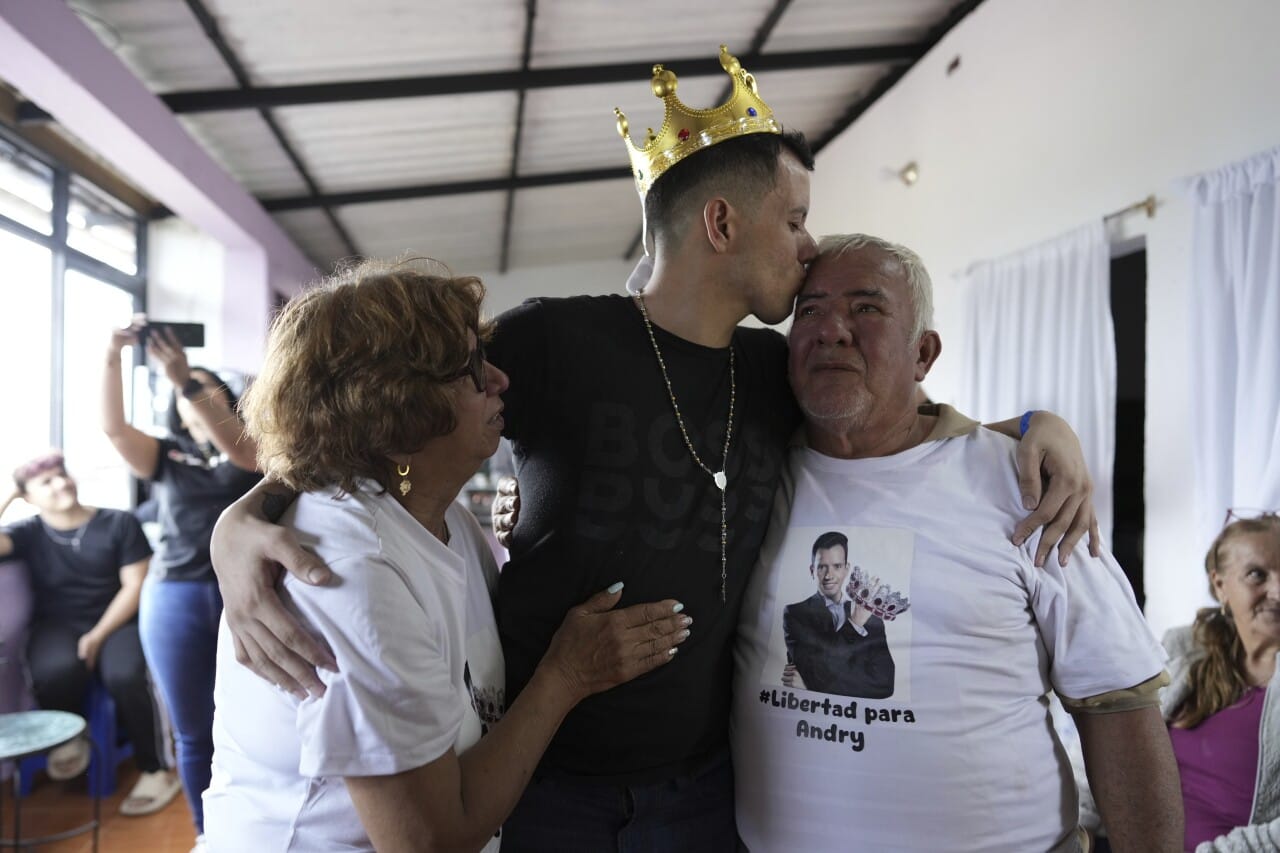
Hernández had legally entered the United States via the San Diego border in 2024, seeking asylum on the grounds of persecution due to his sexual orientation and political dissent against Venezuela’s authoritarian regime. Despite his pending asylum case, he was among more than 200 Venezuelan men deported in March under the 1798 Alien Enemies Act, revived by former President Donald Trump.
The US government alleged that the deportees were members of the Tren de Aragua gang, citing tattoos as evidence. In Hernández’s case, officials pointed to crowns on his wrists bearing the words “mum” and “dad”. He has consistently denied any gang affiliation, stating the tattoos are religious in nature.
During his four-month detention at CECOT, Hernández described conditions as “an encounter with torture and death”. He and other detainees allege they were beaten, shot with rubber bullets, held in darkness, and fed rotting food. In a televised interview, Hernández also claimed he was sexually abused by guards. Venezuela’s attorney general has since announced an investigation into the alleged abuses.
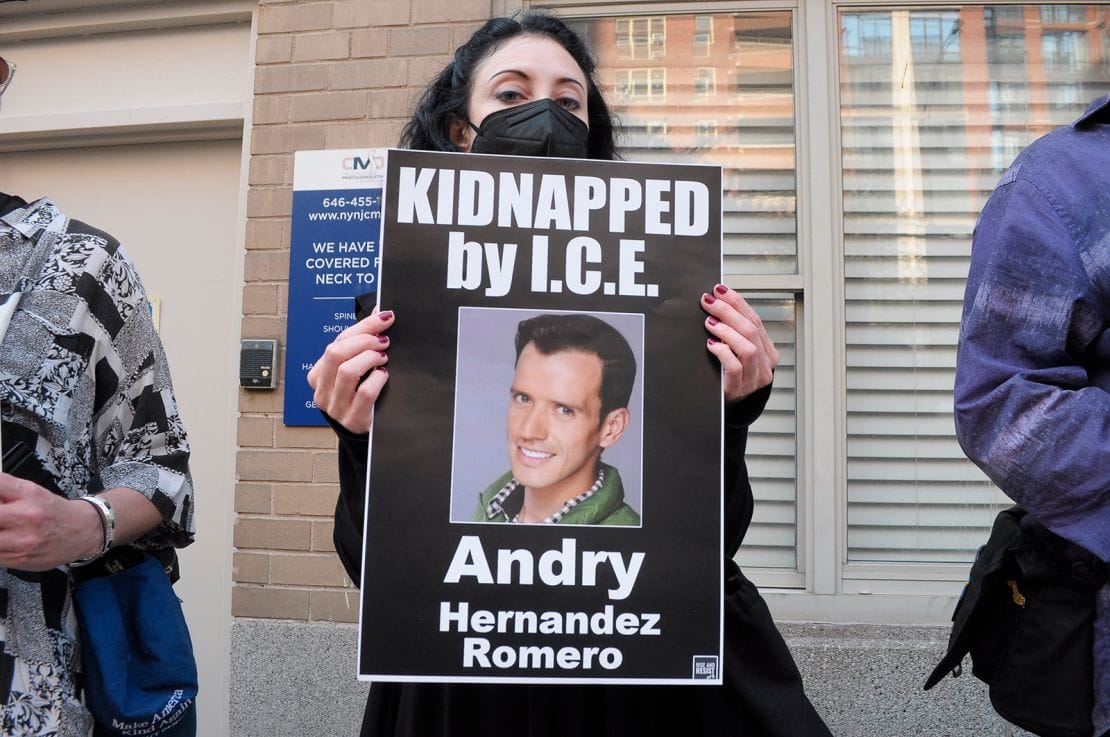
The US Department of Homeland Security has dismissed the allegations, maintaining that the deportees were “criminal, illegal gang members”. However, civil rights groups and immigration advocates have condemned the deportations as unjust and politically motivated.
Melissa Shepard, legal director at the Immigrant Defenders Law Centre, which represents Hernández and several others, said: “This regime forces people to publicly speak in favour of them, and when Andry refused to do so, he was persecuted. His case is a tragic example of what happens when due process is ignored.”
Despite the trauma, Hernández expressed gratitude for the support he received from his community and advocates abroad. “I’m most happy to see my parents and my brother,” he said. “But I was also deeply moved to learn that people held vigils and fought for my return.”


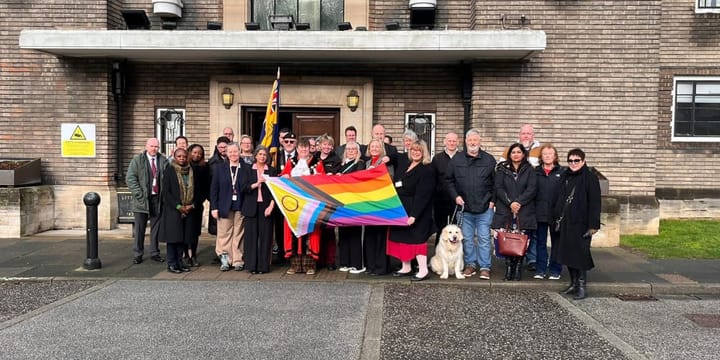
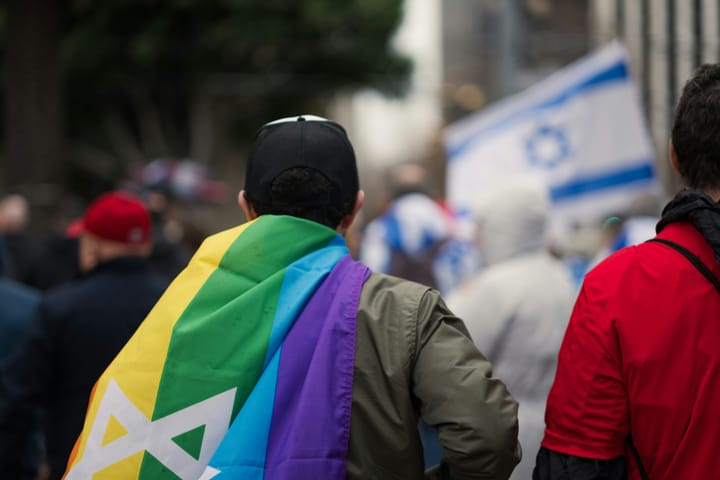

Comments ()